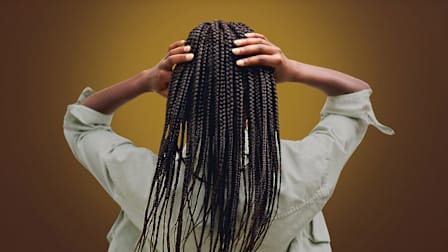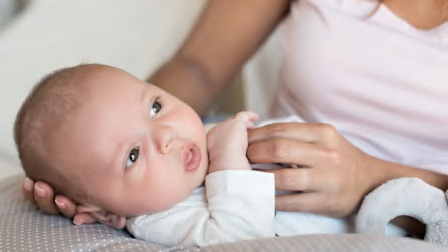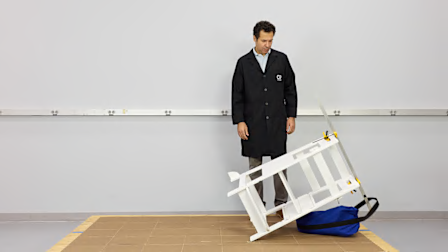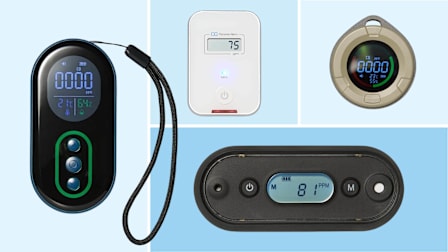Instagram-Famous Bindle Bottle Poses Risk of Lead Poisoning
CR’s tests also found that the outside of some bottles tested positive for BPA, despite the company’s BPA-free claims

Update: The Bindle bottle was recalled on Feb. 17, 2023, after Consumer Reports’ tests found high levels of lead in the product.
Original article: The Bindle bottle is a stylish product that seeks to solve a common problem: How to carry all of your stuff on outdoor adventures? Its creators say it is the world’s first “sip and stash” bottle, with a top compartment to hold water or another beverage and a bottom compartment for things like keys, credit cards, or snacks.
But Consumer Reports’ tests identified two potential health risks with the Bindle. Most alarming, the bottle could expose users to extremely high levels of lead, a dangerous neurotoxin. In addition, some of the bottles contained bisphenol A (BPA), a chemical linked to fertility problems and certain cancers, despite claims on the product that it is BPA-free.
CR tested three Bindle bottles of different sizes. For lead, CR tested the “sealing dot,” a circle of solder in the bottom storage compartment of the bottle that holds the parts of the bottle together. Lead solder is a common component of bottles like this, but it is typically covered with other food-grade materials. In the Bindle, that dot is uncovered and exposed.
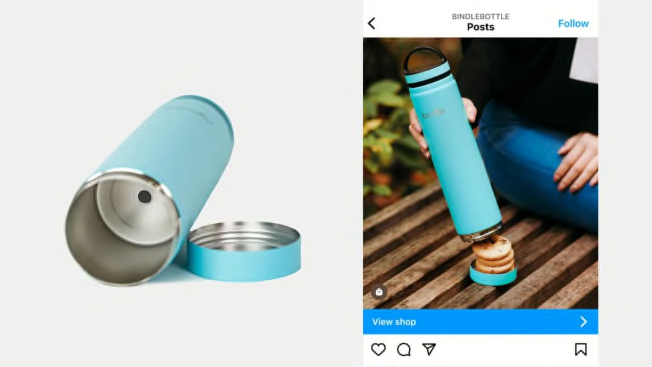
Source: Bindle Source: Bindle
CR tested the Bindle bottles after receiving a tip from Tamara Rubin, also known as “Lead Safe Mama” to her online readers. Rubin is an activist who often tests home products for lead, and one of her readers had sent her a bottle after reading about a recalled kids’ water bottle that also contained a lead solder dot. Rubin ran her own test of the Bindle’s storage compartment using a lead-check swab, found strong indications of lead, and published her findings on her website in January.
In her post about the Bindle, Rubin included several screenshots from the company’s Instagram page that showed hip young people eating snacks directly out of the bottom compartments of their Bindles: trail mix, marshmallows, pretzels, and cookies. Today, the same Instagram account, and the company’s website, only feature photos showing small objects in the bottles, and none with food.
Max acknowledged that the company had removed marketing images showing food in the bottom storage area, which he said it did “out of an abundance of caution.” But the website does still show photos of bottles storing dog treats, and suggests you might use the bottles to stash your “special gummy bears.” And the packaging of one of the bottles we tested recommends its use for snacks.
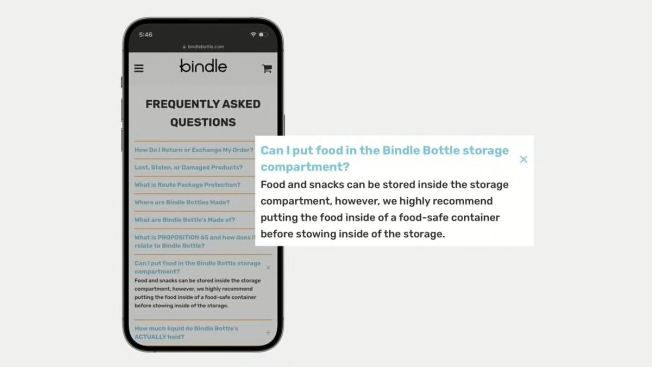
Source: Bindle Source: Bindle
In addition, screenshots from before and after Rubin’s post show that the company added two new FAQ items—one referencing a California state warning about the presence of lead, and another advising customers to put food inside “food-safe containers” within the bottom compartments.
Rubin shared with CR an email exchange one of her readers had with Bindle, in which the company said it was redesigning the product to make the lead inaccessible, and offering a free replacement or refund to the person writing.
Bindle’s co-founder Max confirmed to CR that the company became aware of the lead problem when a blog raised it recently and sent its bottles for additional testing. But Bindle did not make this information public until hearing from CR a month later, nor has it issued a recall.
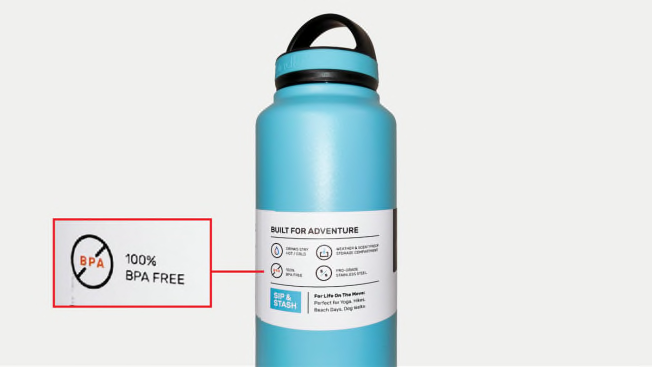
Photo: Consumer Reports Photo: Consumer Reports
Along with its promise of care-free stuff storage, Bindle claims on its website and on the product’s labels that it is “100% BPA-free.” But CR found BPA on the outside of two of the three tested bottles (the “Lemonade” and “Watermelon” colors).
Kapoor explains that colored powder coating, such as that on those two Bindle bottles, often contain BPA. "Because this powder coat is in direct contact with our skin while holding the bottle, this exposure to BPA may harm the female reproductive system," Kapoor says.
Max told CR that Bindle’s previous tests found that their bottles were BPA-free, but that the company would send them out for additional testing now.
Like many contemporary startups, the company was born out of a Kickstarter campaign for one unique product idea. Bindle was founded in 2017 and since then has expanded its offerings from a plain stainless steel bottle to multiple sizes, colors, and accessories. It’s found great success, according to its inventor, especially since its inclusion on Oprah’s Favorite Things list in 2018. (“Bye-bye, heavy-bag-schlepping!,” Winfrey raved.)
After learning of potential safety concerns with the Bindle bottle, OprahDaily.com (formerly Oprah Magazine) removed the product from Oprah’s list of favorite thing and urged owners of the product to go to Bindle’s consumer safety page for details.
Update: This article has been updated to add new information CR received from Oprah Daily after publication.

